

Articles
How To Be A Good HVAC Technician
Modified: December 7, 2023
Learn how to be a skilled HVAC technician with our informative and engaging articles. Gain expertise in HVAC maintenance, repairs, and installation.
(Many of the links in this article redirect to a specific reviewed product. Your purchase of these products through affiliate links helps to generate commission for Storables.com, at no extra cost. Learn more)
Introduction
Welcome to the world of HVAC (Heating, Ventilation, and Air Conditioning)! As an HVAC technician, you play a crucial role in ensuring the comfort and functionality of residential and commercial spaces. Whether it’s installing, maintaining, or repairing HVAC systems, your expertise is vital in keeping things running smoothly.
In this article, we will explore the key qualities and skills that make a good HVAC technician. From technical knowledge to customer service skills, we will dive into the various aspects that contribute to success in this field. So, let’s roll up our sleeves and get ready to learn what it takes to be a standout HVAC technician.
Key Takeaways:
- Technical expertise, strong communication, and a commitment to safety and professionalism are essential for HVAC technicians to excel in their field. Continuous learning and preventive maintenance also play a crucial role in delivering exceptional service to clients.
- Effective time management, troubleshooting skills, and a focus on customer service are key attributes that set standout HVAC technicians apart. Further training and certification are vital for staying updated with industry trends and expanding career opportunities.
Read more: How To Become A HVAC Technician
Understanding HVAC Systems
Before diving into the specific skills needed to be a good HVAC technician, it’s important to have a solid understanding of how HVAC systems work. HVAC systems are complex networks of components that regulate temperature, humidity, and air quality in indoor spaces. They consist of various elements, including air conditioners, furnaces, ventilation systems, and thermostats.
An HVAC technician must have a deep understanding of these components and how they interact with each other. They should be familiar with the different types of HVAC systems and their specific requirements. This knowledge will allow the technician to effectively diagnose issues, make appropriate recommendations, and perform necessary repairs or installations.
Additionally, staying updated with the latest advancements in HVAC technology is crucial. As new energy-efficient systems and environmentally-friendly practices emerge, a good HVAC technician should be well-versed in these developments and be able to provide guidance to clients regarding energy-saving options and sustainability.
Understanding HVAC systems also requires knowledge of electrical systems and basic engineering principles. Technicians must be able to interpret technical schematics, troubleshoot electrical issues, and safely handle various tools and equipment. This technical expertise forms the foundation upon which all other HVAC skills are built.
In summary, to be a good HVAC technician, a comprehensive understanding of HVAC systems is essential. This knowledge will enable technicians to diagnose problems accurately, perform efficient repairs, and recommend appropriate solutions to clients.
Technical Skills and Knowledge
One of the key factors that distinguishes a good HVAC technician is their technical skills and knowledge. This includes proficiency in various areas related to HVAC systems, such as:
- Installation and maintenance of HVAC systems
- Understanding and interpreting technical diagrams and blueprints
- Knowledge of electrical systems and wiring
- Ability to troubleshoot and diagnose issues
- Repairing and replacing HVAC components
- Proper handling and use of tools and equipment
- Understanding refrigeration principles
- Knowledge of ventilation and ductwork systems
- Ability to work with different types of HVAC systems (central air, heat pumps, etc.)
Having a strong foundation in these technical aspects allows HVAC technicians to efficiently carry out their duties. It enables them to install systems correctly, identify problems accurately, and perform repairs or replacements effectively.
Furthermore, staying up to date with technological advancements and industry standards is crucial. HVAC systems and equipment are constantly evolving, and a good technician should be familiar with the latest developments and best practices. This includes knowledge of energy-efficient systems, smart home integration, and environmentally-friendly HVAC solutions.
Continuous learning and professional development are crucial to maintain and improve technical skills. Technicians should attend workshops, seminars, and training programs to stay updated with the latest industry trends and enhance their expertise. Additionally, obtaining relevant certifications, such as those offered by industry organizations like NATE (North American Technician Excellence), can demonstrate a technician’s commitment to excellence and proficiency in their craft.
In summary, possessing strong technical skills and knowledge is essential for HVAC technicians to excel in their field. Keeping up with industry advancements and continuously enhancing their expertise ensures that they can provide top-notch services to clients.
Safety Procedures and Practices
Safety is of utmost importance in the HVAC industry. HVAC technicians work with potentially hazardous equipment and materials, such as electrical wiring, refrigerants, and heavy machinery. Therefore, a good HVAC technician must be well-versed in safety procedures and practices to ensure their own well-being and the safety of those around them.
Here are some key safety considerations that HVAC technicians should adhere to:
- Wearing appropriate personal protective equipment (PPE) such as gloves, goggles, and safety boots
- Following proper lockout/tagout procedures when working with electrical systems to prevent accidental energization
- Adhering to proper handling, storage, and disposal procedures for refrigerants and other hazardous materials
- Practicing proper ladder and equipment usage to avoid falls and injuries
- Ensuring proper ventilation in confined spaces to prevent exposure to harmful gases and fumes
- Maintaining a clean and organized work area to minimize tripping hazards
- Using safety harnesses and fall protection equipment when working at heights
- Being aware of electrical hazards and proper grounding techniques
- Understanding and implementing proper fire safety protocols
In addition to following safety procedures, good HVAC technicians should prioritize ongoing safety training to stay updated on best practices and regulations. They should be proactive in identifying and mitigating potential safety risks, whether it’s a faulty electrical connection or a hazardous material leak. Clear communication and cooperation with team members, supervisors, and clients are also essential in maintaining a safe work environment.
By prioritizing safety procedures and practices, HVAC technicians not only protect themselves but also ensure the well-being of their clients and other individuals in the vicinity. Safety should always remain a top priority in every aspect of the HVAC technician’s work.
Customer Service Skills
While technical skills are vital for an HVAC technician, excellent customer service skills are equally important. As an HVAC technician, you will regularly interact with clients who may have concerns, questions, or specific requirements. Building positive relationships with customers can lead to repeat business and referrals. Here are some key customer service skills that will set you apart as a good HVAC technician:
- Effective communication: Clear and concise communication is crucial in understanding customer needs and expectations. Active listening and the ability to explain complex concepts in simple terms are essential.
- Empathy: Understanding and empathizing with the customer’s situation helps build trust and rapport. Being attentive to their concerns and addressing them promptly shows the customer that their needs are being taken seriously.
- Professionalism: Maintaining a professional demeanor and appearance instills confidence in customers. Timeliness, respect for their property, and clear explanations of the work being performed contribute to a positive customer experience.
- Problem-solving: HVAC technicians often encounter unexpected challenges or issues. The ability to approach these situations with a calm and solution-oriented mindset helps reassure the customer that their problem will be resolved.
- Patience: Some customers may not be familiar with HVAC systems or terminology. Being patient and willing to explain things in a way they can understand goes a long way in delivering exceptional customer service.
- Attention to detail: Taking meticulous notes, recording service history, and following up with customers after the job demonstrates a commitment to quality and customer satisfaction.
Remember, providing excellent customer service is not just about technical proficiency but also about creating a positive experience for the customer. Going the extra mile, offering suggestions for improved energy efficiency, or providing information on available maintenance plans can further enhance the customer’s perception of your services.
Ultimately, satisfied customers are more likely to recommend your services to others. By cultivating strong customer service skills, you not only meet their immediate needs but also build long-term relationships and a solid reputation in the HVAC industry.
Read more: How Do I Become A HVAC Technician
Troubleshooting and Problem-Solving
Troubleshooting and problem-solving skills are essential for any HVAC technician. As a technician, you will encounter various issues and malfunctions in HVAC systems, and your ability to diagnose and resolve these problems efficiently is crucial. Here are some key aspects of troubleshooting and problem-solving that make a good HVAC technician:
- Analytical thinking: HVAC systems are complex, and troubleshooting requires a logical and analytical approach. The ability to break down a problem into its components, evaluate each element, and identify the root cause is essential.
- Familiarity with diagnostic tools: A good HVAC technician should be skilled in using diagnostic tools such as multimeters, pressure gauges, and leak detectors. These tools help identify issues accurately and efficiently.
- Knowledge of common HVAC problems: Experience and continuous learning enable technicians to recognize common HVAC problems and their associated symptoms. This knowledge allows for faster and more accurate troubleshooting.
- Problem-solving techniques: A good HVAC technician employs problem-solving techniques such as the process of elimination or step-by-step analysis to identify and resolve issues systematically.
- Adaptability: HVAC systems can present unique challenges, and the ability to adapt troubleshooting methods to different situations is crucial. Flexibility and the willingness to try different approaches can lead to successful problem resolution.
- Documentation and record-keeping: Keeping detailed records of troubleshooting steps, repairs, and solutions is important for future reference. It allows technicians to track patterns, identify recurring issues, and provide comprehensive reports to clients.
- Continuous learning: The HVAC field is constantly evolving, and technologies are regularly updated. Good HVAC technicians actively seek opportunities for professional development to stay updated with the latest troubleshooting methods and emerging technologies.
Effective troubleshooting and problem-solving skills save time, minimize system downtime, and increase customer satisfaction. By successfully identifying and resolving issues, HVAC technicians ensure that HVAC systems operate optimally, providing comfort and efficiency to clients.
In summary, a good HVAC technician possesses strong analytical skills, stays updated with diagnostic tools and techniques, and adapts to different situations. Through continuous learning and experience, technicians become adept at troubleshooting and problem-solving, ensuring efficient operation of HVAC systems.
Always stay updated with the latest HVAC technology and techniques to provide the best service to your customers. Continuing education and training are essential for success in this field.
Preventive Maintenance
Preventive maintenance is a crucial aspect of being a good HVAC technician. Instead of waiting for HVAC systems to break down, preventive maintenance focuses on regular inspections, cleaning, and servicing to ensure optimal performance. Here’s why preventive maintenance is so important:
- Increased system longevity: Regular maintenance helps extend the lifespan of HVAC systems. By identifying and addressing potential issues early on, technicians can prevent major breakdowns and costly repairs, ultimately saving clients money in the long run.
- Improved energy efficiency: Well-maintained HVAC systems operate more efficiently, leading to lower energy consumption. Technicians can clean or replace air filters, calibrate thermostats, and optimize system settings to ensure energy efficiency and reduced utility costs for clients.
- Enhanced indoor air quality: HVAC systems play a significant role in maintaining indoor air quality. Cleaning ductwork, replacing filters, and checking for dust or debris buildup improves air circulation and reduces allergens, creating a healthier environment for occupants.
- Early detection of potential issues: Regular maintenance allows technicians to spot potential problems before they escalate. Identifying minor issues, such as worn-out components or refrigerant leaks, enables timely repairs, preventing major system failure.
- Compliance with manufacturer warranties: Many HVAC systems come with warranties that require regular maintenance to remain valid. By conducting preventive maintenance, technicians help clients maintain warranty coverage and avoid potential financial burdens.
- Customer satisfaction: Offering preventive maintenance services shows clients your commitment to their comfort and satisfaction. Building a relationship based on proactive care and reliable service leads to trust, loyalty, and positive word-of-mouth referrals.
A good HVAC technician develops a preventive maintenance plan tailored to each client’s specific needs. This plan typically includes regular inspections, cleaning or changing filters, lubricating moving parts, checking electrical connections, and verifying system performance against manufacturer specifications.
Documentation is a crucial aspect of preventive maintenance. Technicians should keep detailed records of maintenance activities, including dates, tasks performed, and recommendations for future actions. This documentation helps track system performance, create maintenance schedules, and provide clients with a comprehensive maintenance history.
In summary, preventive maintenance ensures HVAC systems function optimally, prolongs their lifespan, improves energy efficiency, and enhances indoor air quality. By implementing regular maintenance practices, good HVAC technicians provide peace of mind to their clients and contribute to the smooth operation of HVAC systems.
Communication Skills
Effective communication is a vital skill for HVAC technicians. As a technician, you will interact with clients, team members, and supervisors on a daily basis. Clear and concise communication facilitates understanding, minimizes misunderstandings, and builds trust. Here are some key aspects of communication skills that make a good HVAC technician:
- Active listening: Listening attentively to clients’ concerns and questions shows that you value their input. By actively listening, you can gain a deeper understanding of the issue at hand and address it more effectively.
- Clear explanation of technical concepts: HVAC systems can be complex, and clients may not be familiar with the technical jargon. A good HVAC technician can explain concepts in simple terms, ensuring that clients understand the problem, the proposed solution, and any necessary maintenance or repairs.
- Non-technical communication: Not all clients will have technical knowledge. Being able to effectively communicate with individuals from a variety of backgrounds and age groups is important. Adjusting your communication style and language to suit the client’s level of understanding demonstrates your professionalism and ensures they feel comfortable and informed.
- Written communication: Written communication is important, especially when providing clients with reports, maintenance records, or estimates. Good HVAC technicians have strong written communication skills, ensuring that important information is documented accurately and clearly.
- Conflict resolution: HVAC technicians may encounter challenging or frustrated clients. The ability to remain calm, empathetic, and professional in difficult situations is crucial. Skilled technicians can de-escalate conflicts by actively listening, finding common ground, and finding mutually acceptable solutions.
- Team collaboration: HVAC technicians often work in teams or alongside other tradespeople. Good communication skills enable effective collaboration and coordination, ensuring the smooth execution of projects and timely completion of tasks.
Developing strong communication skills involves continuous practice and self-reflection. It’s important to actively seek feedback from clients and colleagues to identify areas for improvement. Additionally, staying updated with industry terminology and developments enables effective communication within the HVAC field.
By honing their communication skills, HVAC technicians can deliver exceptional customer service, promote clarity and understanding, and foster positive relationships with clients and colleagues alike. Good communication is the cornerstone of successful HVAC careers.
Time Management
Time management is a crucial skill for HVAC technicians. Being able to effectively allocate and utilize your time ensures that you complete jobs efficiently, meet deadlines, and provide timely service to clients. Here are some key aspects of time management that make a good HVAC technician:
- Planning and prioritization: Good HVAC technicians start each day with a clear plan. They prioritize tasks based on urgency, complexity, and client needs. By planning ahead, technicians can maximize their productivity and ensure that all necessary tasks are completed.
- Efficient scheduling: Properly scheduling jobs and allocating sufficient time for each task is important. A good technician understands how long each job should take and plans their schedule accordingly, minimizing delays and ensuring the smooth flow of work.
- Maintaining focus: Distractions can hinder productivity. Good HVAC technicians learn to minimize distractions, maintain focus on the task at hand, and avoid unnecessary time-wasting activities. They prioritize quality work and avoid rushing through tasks, ensuring that repairs and installations are done correctly the first time.
- Effective use of tools and technology: Utilizing tools and technology to streamline processes can significantly improve time management. HVAC technicians should be proficient in using software for scheduling, tracking job progress, and managing inventory. This allows for efficient allocation of resources and minimizes time spent searching for tools or parts.
- Time estimation: Accurate time estimation is key to effective time management. Good HVAC technicians have a strong understanding of how long specific tasks should take, accounting for variables such as system complexity, accessibility, and the need for additional assistance.
- Adaptability: HVAC technicians must be prepared for unexpected delays or changes in their schedule. Being adaptable and flexible in adjusting plans and priorities helps technicians navigate unforeseen circumstances without compromising efficiency or quality of work.
- Continuous improvement: Reflecting on past jobs and seeking ways to improve efficiency is another aspect of time management. Good HVAC technicians constantly evaluate their processes, looking for opportunities to streamline tasks, eliminate redundancies, and optimize their work methods.
By effectively managing their time, HVAC technicians can complete more jobs, meet client expectations, and provide prompt service. This not only enhances customer satisfaction but also enables technicians to take on additional work, leading to professional growth and increased profitability.
Remember, time management is not about rushing through tasks but about optimizing efficiency and productivity. By allocating your time wisely and ensuring that each job is done thoroughly, you can establish a reputation for reliability and professionalism in the HVAC industry.
Read more: What Does An HVAC Technician Do
Professionalism
Professionalism is a key quality that sets HVAC technicians apart. It encompasses a range of behaviors and attributes that contribute to a positive and reputable image within the industry. Here are some important elements of professionalism that make a good HVAC technician:
- Appearance: Maintaining a neat and professional appearance instills confidence in clients. Dressing in clean and appropriate attire, wearing company uniforms when required, and adhering to grooming standards present a professional image.
- Punctuality: Being on time is crucial in the HVAC industry. Good technicians prioritize punctuality and arrive at job sites or appointments promptly. This shows respect for clients’ time and helps ensure efficient workflow.
- Reliability: Clients rely on HVAC technicians to deliver quality service and solutions. A good technician follows through on commitments, meets deadlines, and communicates effectively to keep clients informed about progress or any unexpected delays.
- Integrity: Professional HVAC technicians value honesty and transparency. They provide accurate information to clients, openly discuss pricing and potential challenges, and honor any warranties or guarantees associated with their work.
- Confidentiality: HVAC technicians often work in clients’ homes or commercial spaces. Respecting the privacy of clients and maintaining confidentiality about personal or sensitive information encountered during their work is essential.
- Ethics: Upholding high ethical standards is fundamental to professionalism. Good technicians follow industry regulations and best practices, prioritize safety, and ensure that their work meets or exceeds applicable codes and standards.
- Continual learning: HVAC technology is constantly evolving, and good technicians invest in their professional development. They seek out opportunities for further training, stay updated with industry advancements, and maintain relevant certifications.
- Courtesy and respect: Professional HVAC technicians treat their clients, colleagues, and supervisors with respect and courtesy. They actively listen to client concerns, answer questions patiently, and address any issues with professionalism and empathy.
Professionalism goes beyond technical abilities and extends to how HVAC technicians conduct themselves in various professional interactions. It creates a positive impression, fosters trust, and contributes to long-lasting client relationships.
By embodying professionalism, HVAC technicians not only enhance their own reputation but also promote the overall reputation of the industry as a whole. Professionalism is a cornerstone of success in the HVAC field, and it should be practiced consistently in every aspect of your work.
Further Training and Certification
In the ever-evolving field of HVAC, further training and certification are essential for HVAC technicians who strive for continuous improvement and career advancement. As technology advances and industry standards evolve, staying updated with the latest knowledge and skills is crucial. Here are some reasons why further training and certification are important for HVAC technicians:
- Enhanced technical expertise: Further training allows HVAC technicians to expand their knowledge and skills in specific areas of HVAC systems. Advanced courses may cover topics such as energy efficiency, renewable energy systems, or specialized equipment, equipping technicians with the expertise to tackle complex projects and offer innovative solutions.
- Stay current with industry trends: HVAC technology is continually advancing, and new industry trends are constantly emerging. By pursuing further training, technicians can stay updated with the latest trends, regulations, and best practices. This ensures that they remain competitive in the field and provide high-quality service to their clients.
- Obtain industry certifications: Industry-recognized certifications demonstrate a technician’s proficiency and commitment to excellence. Certifications such as those offered by organizations like NATE (North American Technician Excellence) or HVAC Excellence validate a technician’s skills and knowledge, providing clients with confidence in their abilities.
- Expanded career opportunities: Further training and certifications open doors to new career opportunities. Specialized certifications allow technicians to specialize in areas such as geothermal systems, commercial refrigeration, or HVAC controls, which can lead to higher-paying jobs or advancement within the industry.
- Networking opportunities: Participating in training programs allows technicians to connect with industry professionals and peers. Networking provides opportunities for collaboration, sharing knowledge, and staying informed about industry developments.
- Improved credibility: Clients value technicians who are knowledgeable and up-to-date with industry practices. Further training and certifications build a technician’s credibility in the eyes of clients, fostering trust and confidence in their abilities.
Further training can take various forms, including attending workshops, seminars, or conferences, enrolling in formal education programs, or taking online courses. Technicians should research and select training opportunities that align with their career goals and interests.
Remember, the HVAC industry is dynamic, and continuous learning is essential to stay at the forefront. By investing in further training and certification, HVAC technicians not only enhance their skills and knowledge but also set themselves apart as industry professionals dedicated to delivering top-quality service to their clients.
Conclusion
Being a good HVAC technician requires a combination of technical expertise, strong interpersonal skills, and a commitment to professional excellence. By possessing a deep understanding of HVAC systems and staying updated with the latest industry advancements, technicians can effectively diagnose, troubleshoot, and repair HVAC systems. Additionally, prioritizing safety procedures and practices ensures the well-being of technicians and clients alike.
Excellent customer service skills, including effective communication and empathy, foster positive relationships with clients and contribute to overall customer satisfaction. The ability to listen to client concerns, provide clear explanations, and prioritize their needs sets HVAC technicians apart and builds trust and loyalty.
Troubleshooting and problem-solving skills enable technicians to identify issues promptly and provide efficient solutions. Employing analytical thinking, using diagnostic tools effectively, and continuously learning from experience contribute to a technician’s ability to resolve HVAC system problems.
Preventive maintenance plays a vital role in maximizing the longevity and efficiency of HVAC systems. Technicians who prioritize regular maintenance tasks, adapt to changing technologies, and document their work effectively can deliver exceptional service to their clients.
Time management skills ensure that HVAC technicians can complete jobs efficiently, meet deadlines, and provide timely service. Proper planning, efficient scheduling, and the ability to prioritize tasks contribute to effective time management.
Professionalism, encompassing elements such as reliability, integrity, and continuous learning, establishes technicians as industry professionals who are committed to delivering quality work and maintaining client satisfaction. With a focus on professionalism, technicians can build strong relationships with clients and colleagues and contribute to the positive reputation of the HVAC industry as a whole.
Further training and certification are essential for technicians who want to stay updated with industry trends, expand their career opportunities, and enhance their expertise. By continuously seeking opportunities for professional development, technicians can provide the highest level of service to their clients and demonstrate their commitment to excellence.
In conclusion, the qualities and skills outlined in this article are essential for HVAC technicians who aim to excel in their profession. By cultivating technical expertise, honing communication skills, practicing professionalism, and embracing ongoing learning, technicians can become standout professionals in the HVAC industry, providing exceptional service to their clients and contributing to the success of their careers.
Frequently Asked Questions about How To Be A Good HVAC Technician
Was this page helpful?
At Storables.com, we guarantee accurate and reliable information. Our content, validated by Expert Board Contributors, is crafted following stringent Editorial Policies. We're committed to providing you with well-researched, expert-backed insights for all your informational needs.
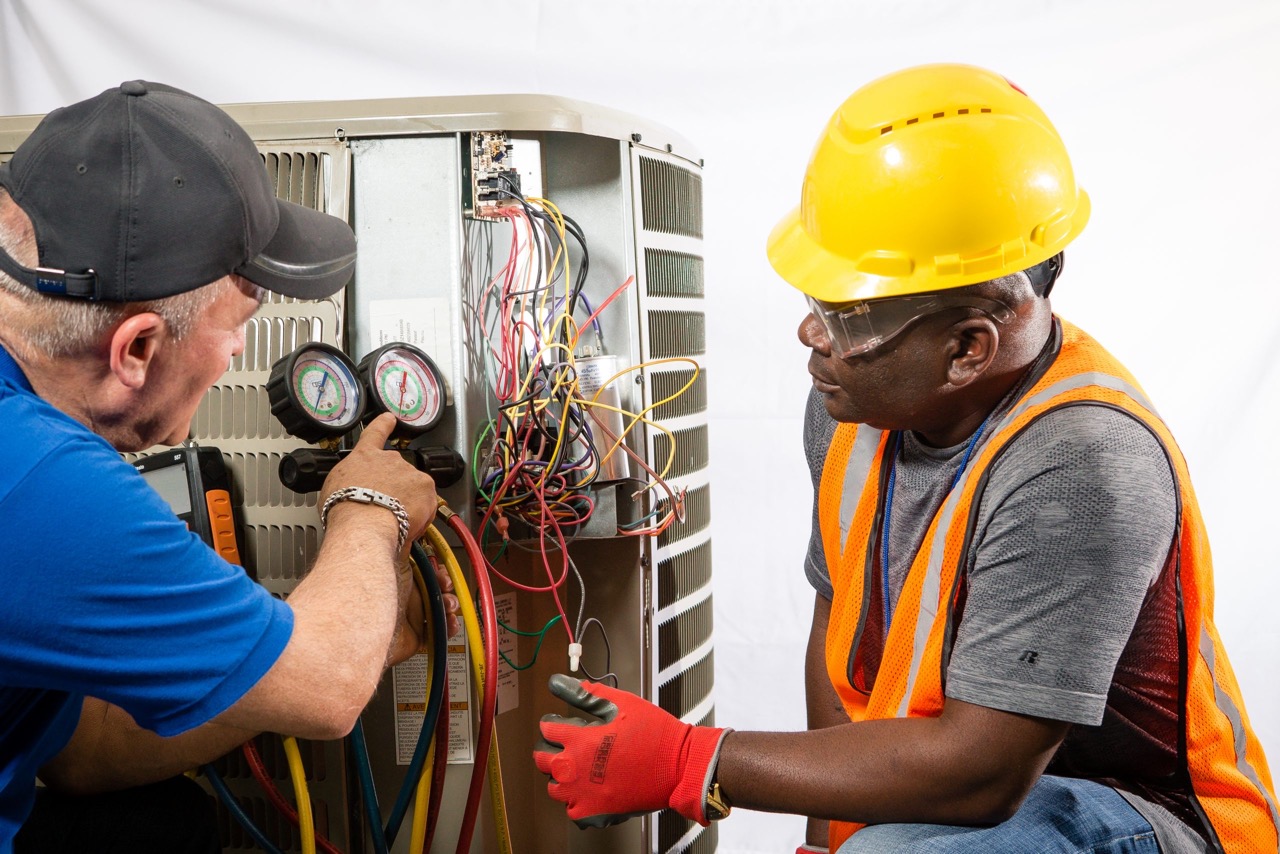
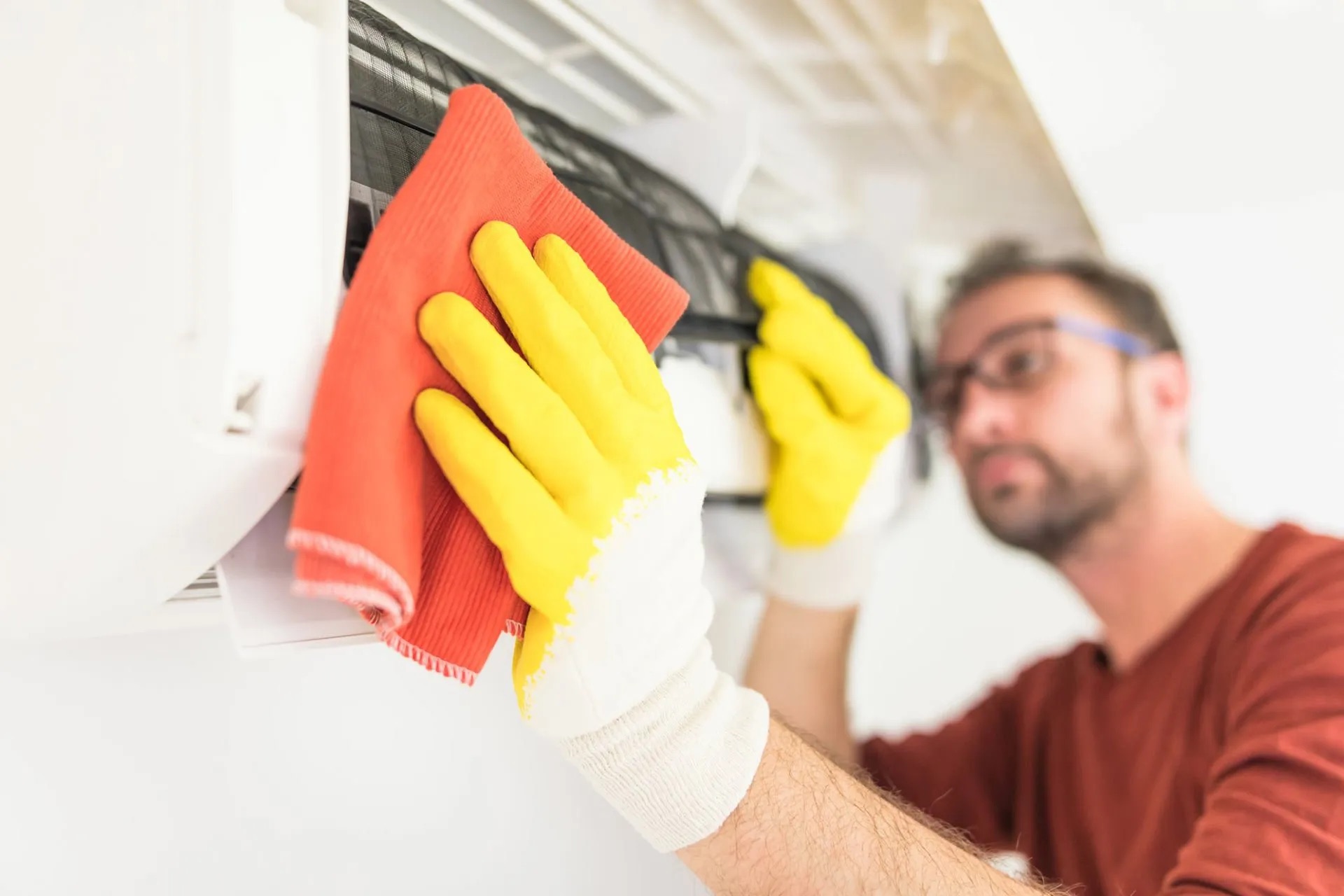
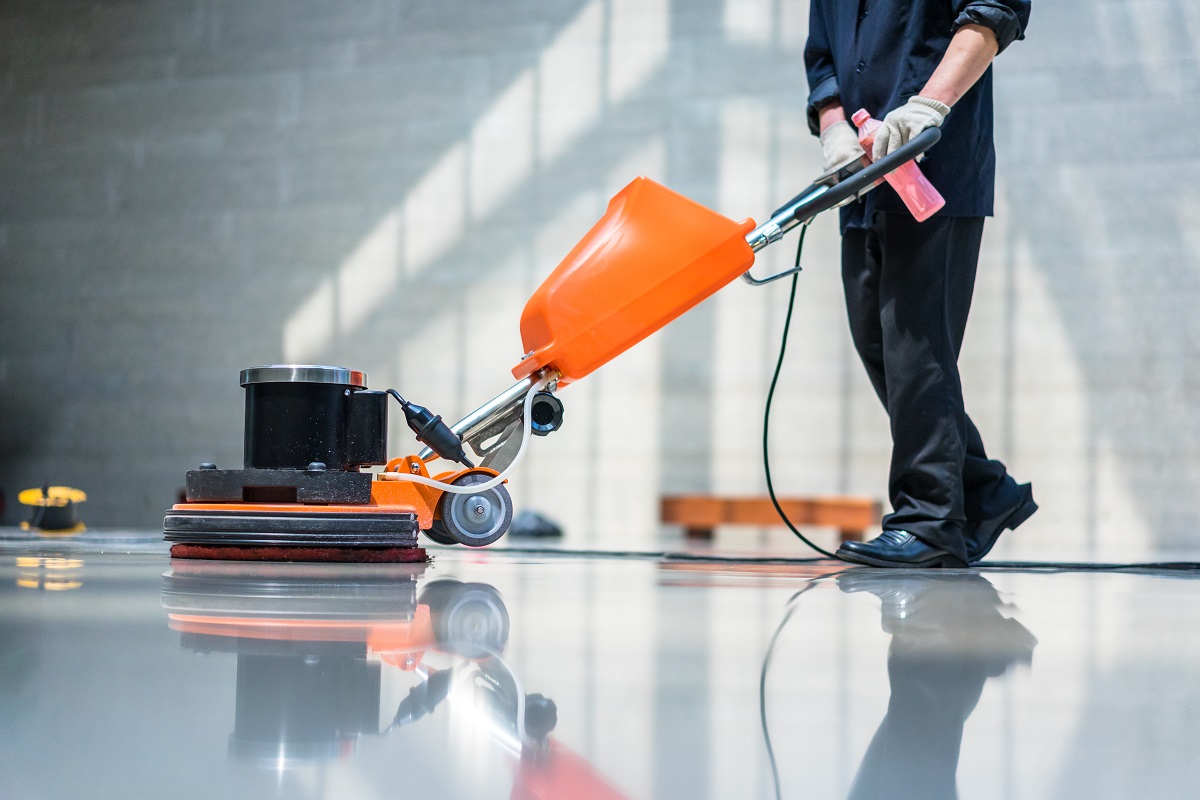

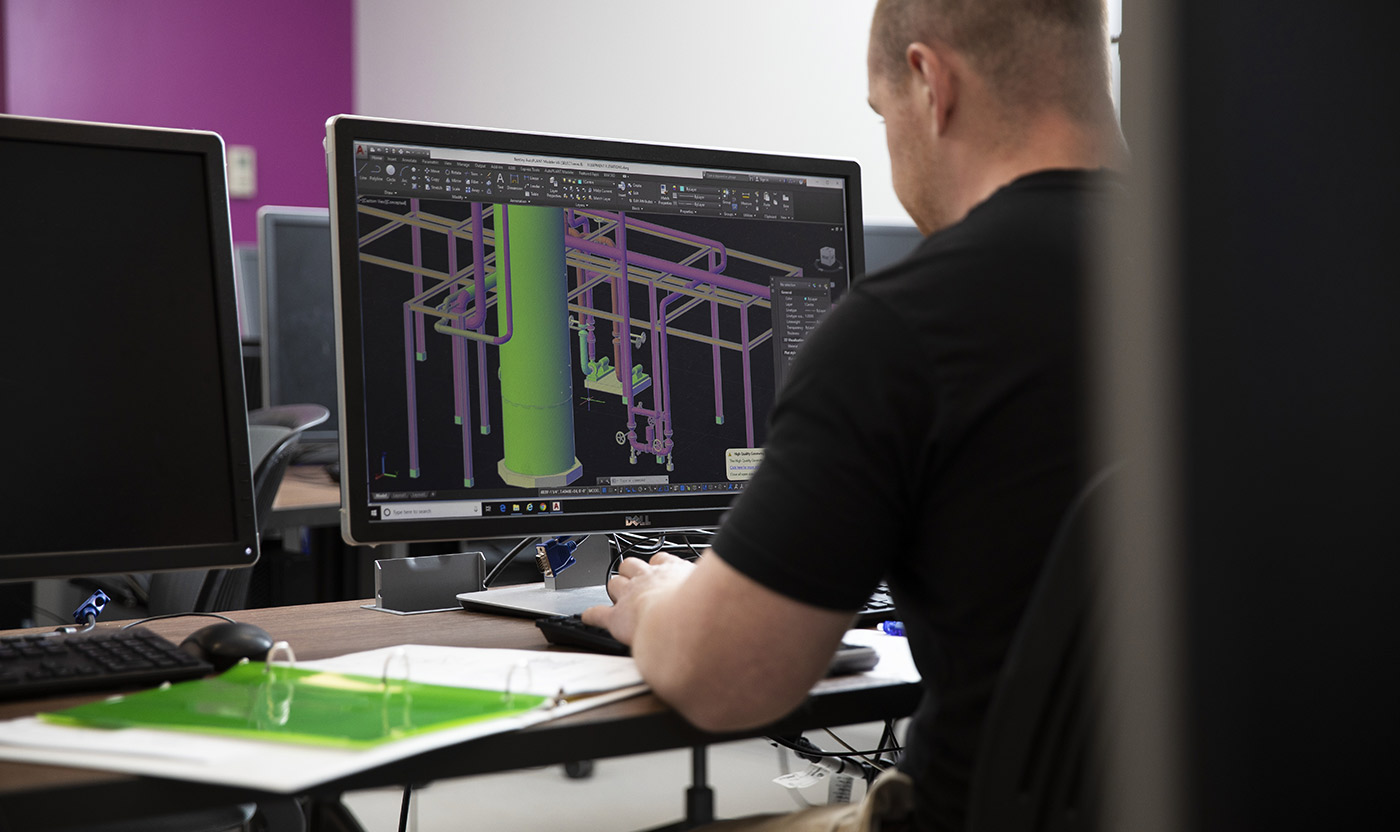
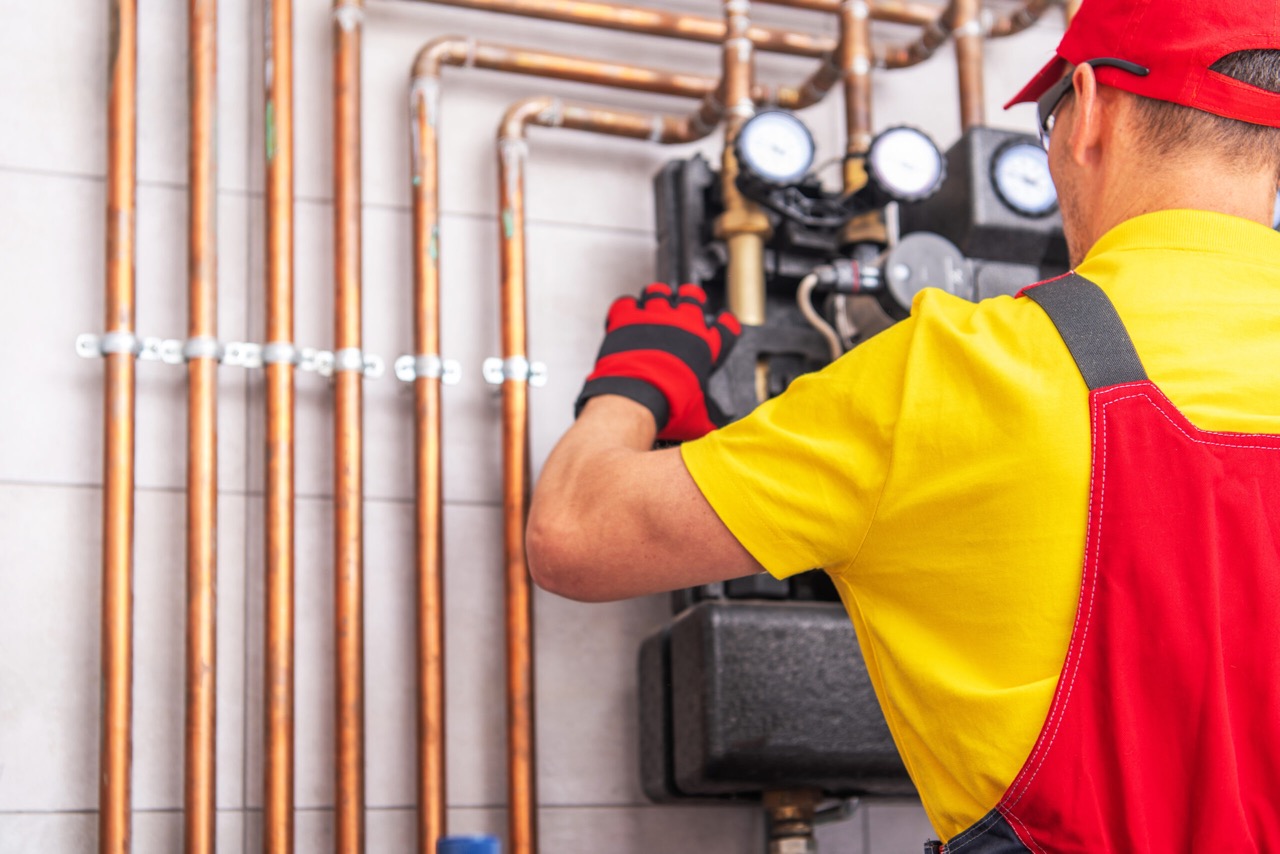

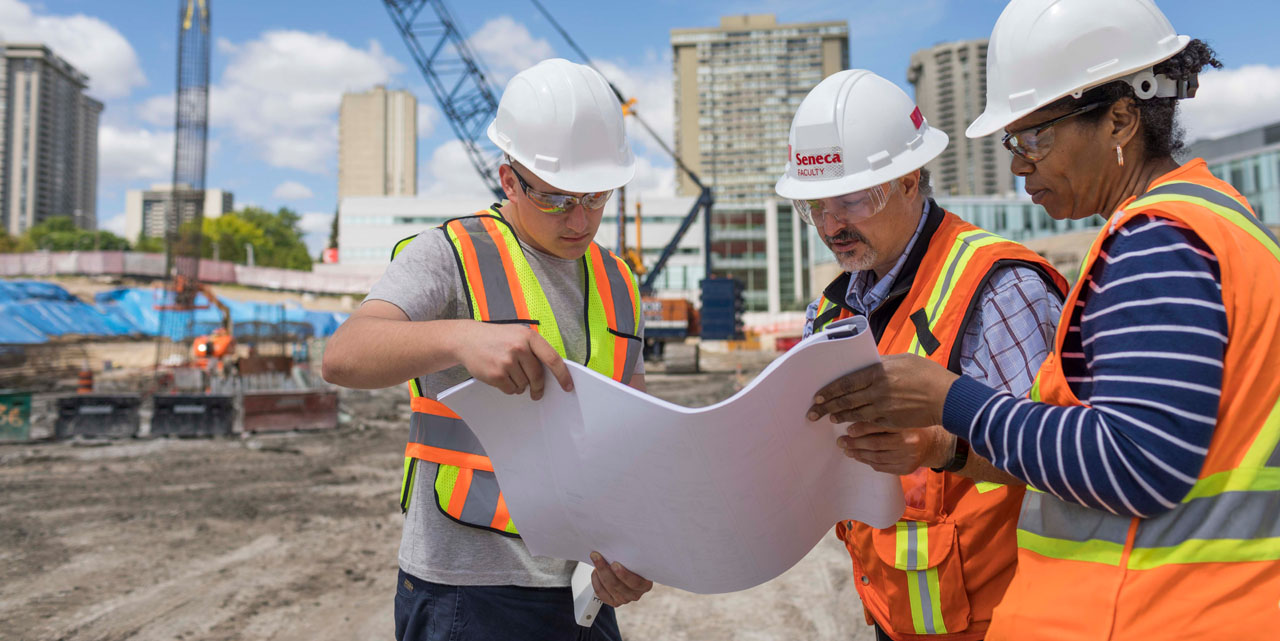
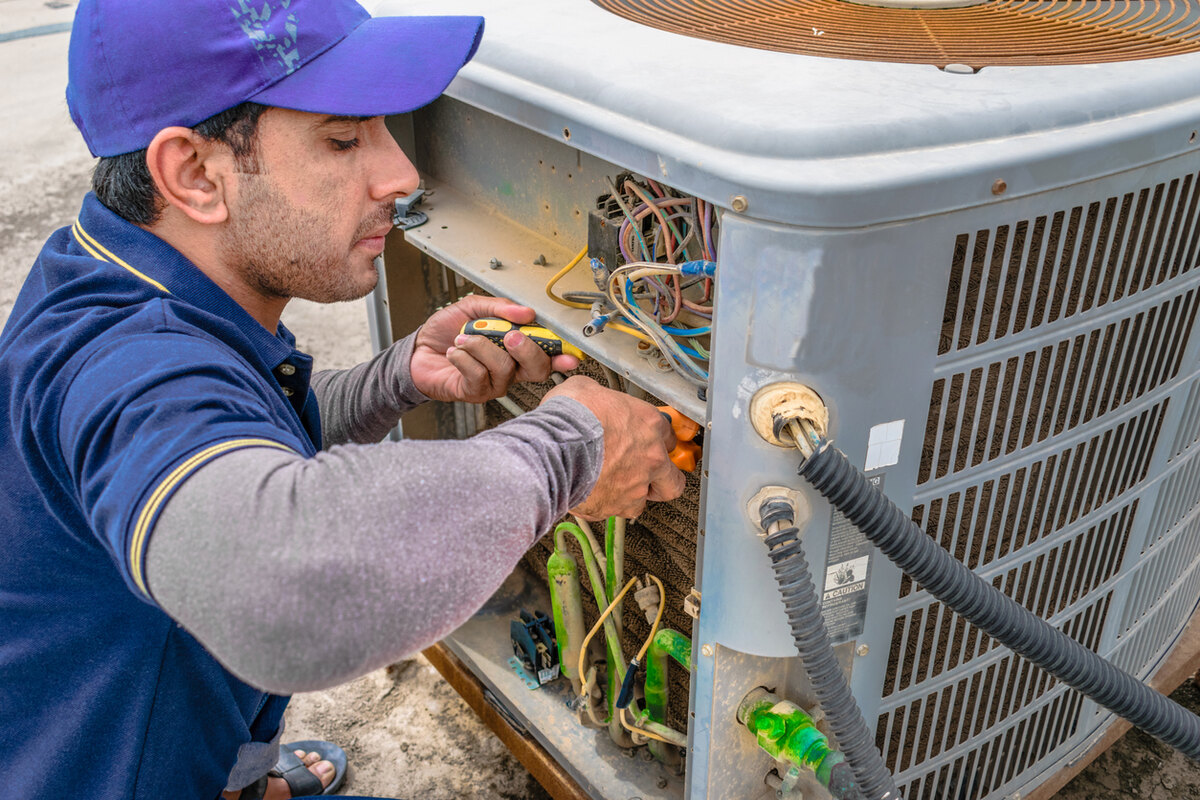
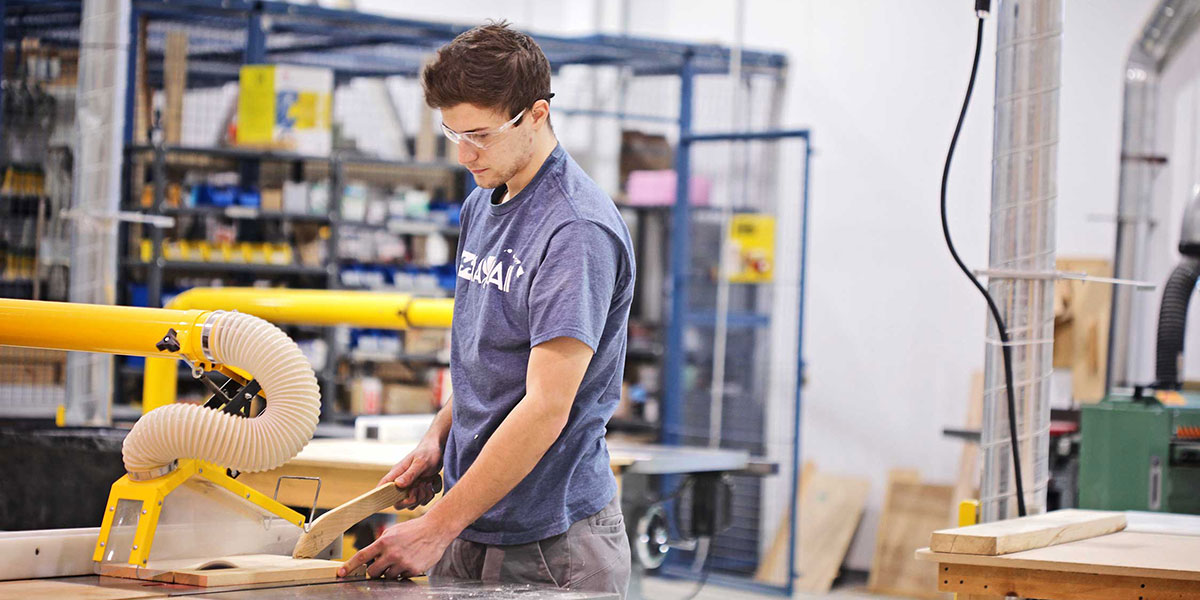
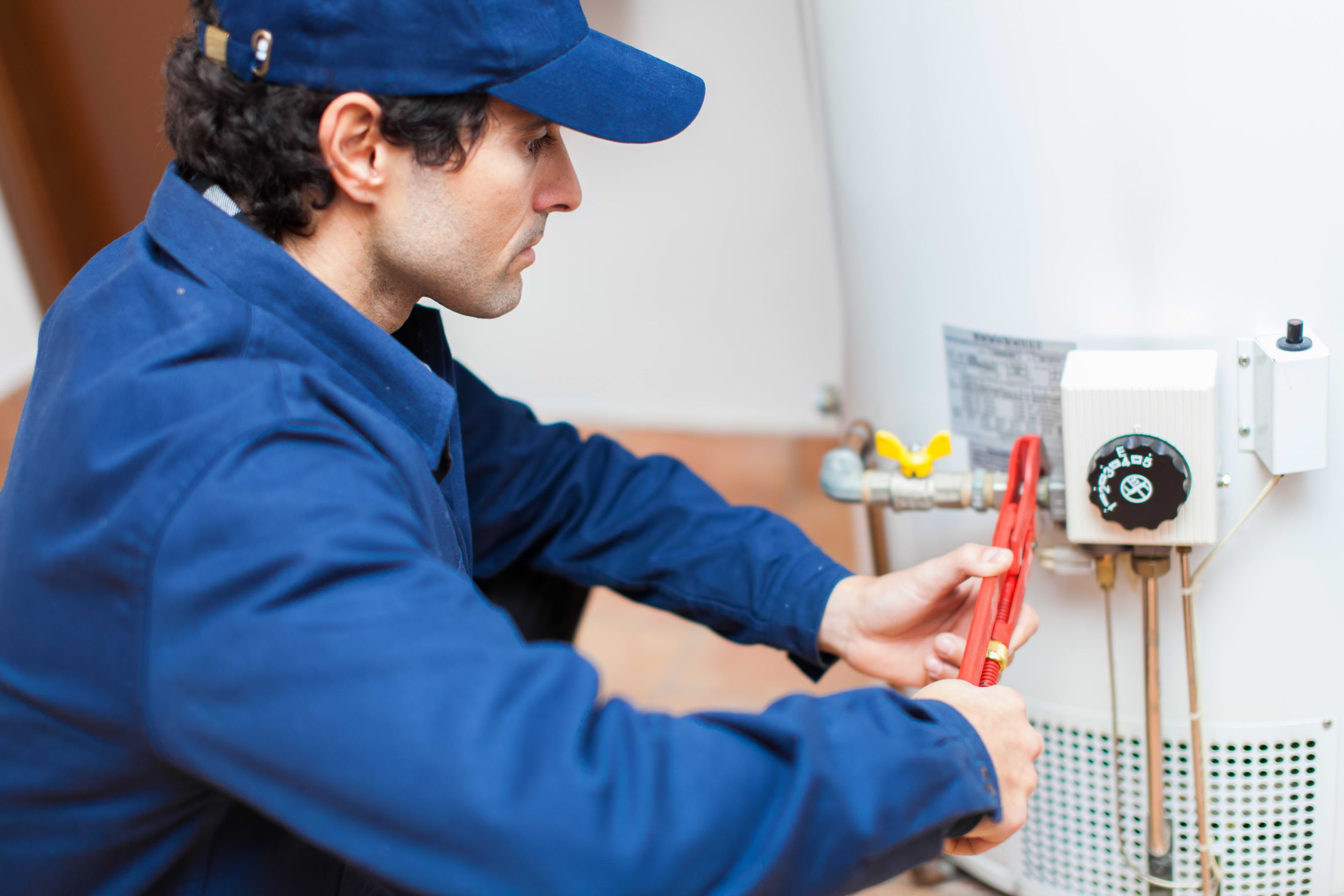

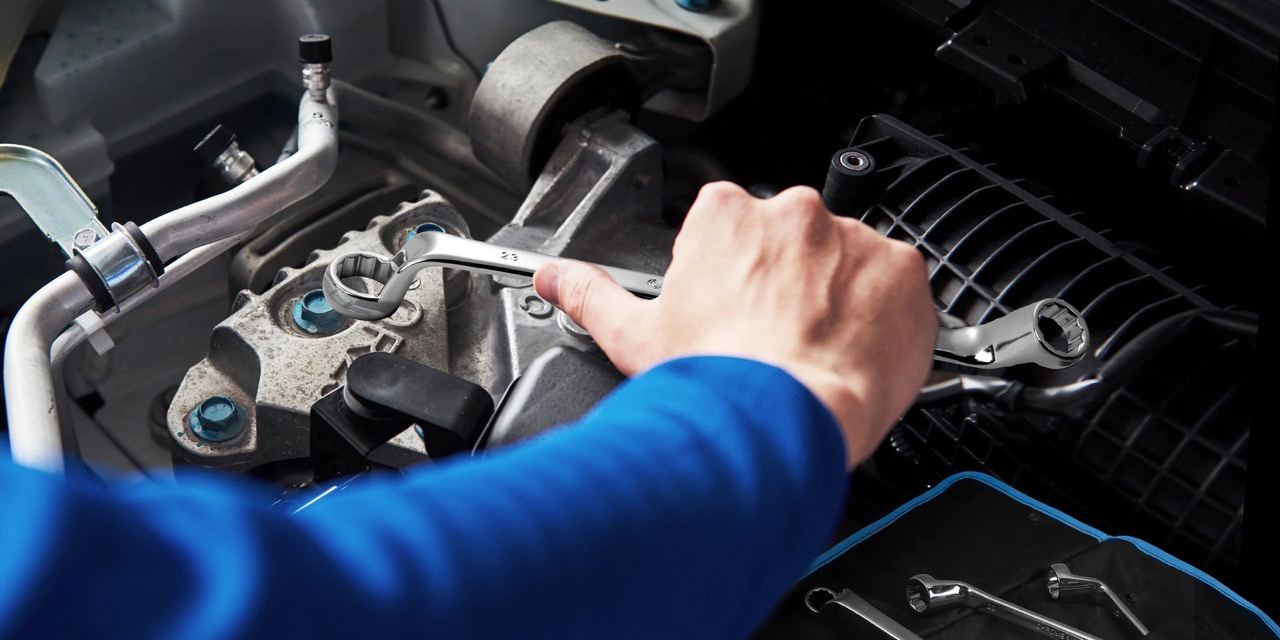

0 thoughts on “How To Be A Good HVAC Technician”